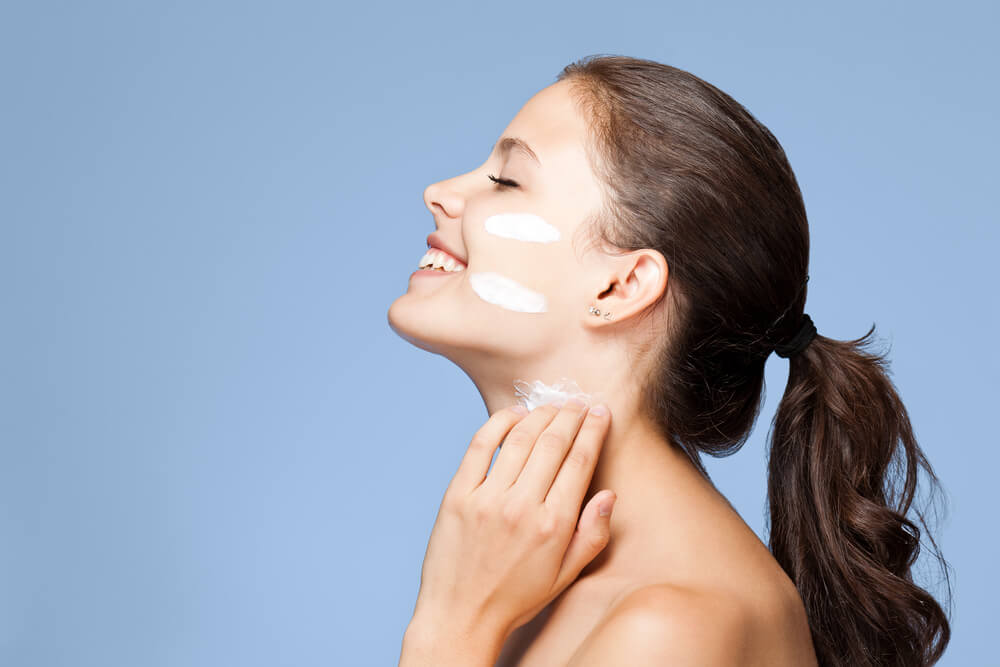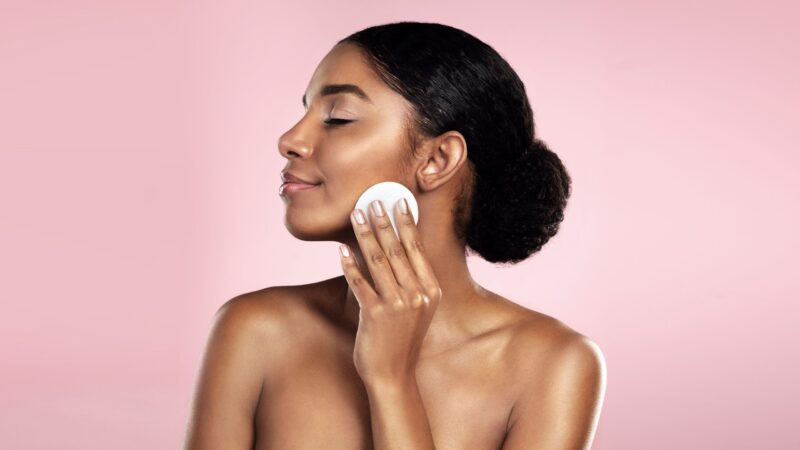In recent years, the conversation around gluten-free products has extended far beyond the realm of food, spilling into the world of beauty and skincare. With a growing awareness of gluten sensitivities and celiac disease, many consumers are now questioning whether their lotions, creams, and other personal care items could be contributing to irritation or allergic reactions.
The allure of gluten-free skincare lies not just in its promise of safety for those with dietary restrictions but also in the belief that it might offer a gentler, more natural choice for all skin types. But is this trend merely a marketing ploy, or does gluten-free skincare hold genuine benefits? As we delve into this complex topic, well explore the ingredients, potential advantages, and the considerations that come with making the switch to gluten-free products.
Prepare to uncover the truth behind the labels and discover whether this change is worth the investment for your skin.
What Is Gluten and Why It Matters in Skincare?
 Gluten, a protein found primarily in wheat, barley, and rye, is best known for its role in culinary contexts—contributing to the elasticity of dough and the texture of baked goods. However, its relevance extends beyond the kitchen, finding a spot in the world of skincare.
Gluten, a protein found primarily in wheat, barley, and rye, is best known for its role in culinary contexts—contributing to the elasticity of dough and the texture of baked goods. However, its relevance extends beyond the kitchen, finding a spot in the world of skincare.
For many, gluten can provoke adverse reactions, especially for those with celiac disease or gluten sensitivities. In skincare products, gluten can be hidden in various forms like hydrolyzed wheat protein or wheat germ oil, which poses a potential risk for individuals who prefer to avoid it.
The skin, being an absorbing organ, may react to gluten, leading to inflammation or breakouts in sensitive individuals. Thus, understanding glutens presence in skincare is essential for anyone seeking to curate a regimen that aligns with their health and wellness priorities.
As consumers increasingly demand transparency in product formulation, the choice of gluten-free skincare has gained traction, prompting questions about its necessity and benefits. Are these products merely a trend, or do they offer genuine advantages for skin health?
The Gluten-Free Movement: A Brief Overview
 The gluten-free movement began primarily as a dietary approach for individuals with celiac disease, but it has since evolved into a larger lifestyle choice embraced by many seeking to enhance their health and well-being. Over the past decade, the concept of gluten avoidance has spilled beyond the realm of food, prompting consumers to scrutinize skin and body care products for gluten ingredients.
The gluten-free movement began primarily as a dietary approach for individuals with celiac disease, but it has since evolved into a larger lifestyle choice embraced by many seeking to enhance their health and well-being. Over the past decade, the concept of gluten avoidance has spilled beyond the realm of food, prompting consumers to scrutinize skin and body care products for gluten ingredients.
This shift is rooted in the belief that gluten, a protein found in wheat, barley, and rye, can affect not just digestive health but also skin conditions and reactions, although scientific evidence supporting these claims remains somewhat limited. As a result, brands are increasingly catering to this trend by developing gluten-free formulations, prompting questions about whether such products truly offer benefits or are simply riding the wave of a popular health movement.
With advocates highlighting personal experiences and anecdotal evidence, the discussion surrounding gluten in skincare is as dynamic as it is diverse.
Understanding the Skins Absorption: Can Gluten Be Harmful?
 Understanding the skins absorption is a crucial step in evaluating the potential risks associated with gluten in skincare products. While gluten is primarily known as a dietary concern for those with celiac disease or gluten sensitivity, the question arises: can it also wreak havoc when absorbed through the skin? The skin, a complex organ, acts as a barrier yet can still allow certain substances to penetrate.
Understanding the skins absorption is a crucial step in evaluating the potential risks associated with gluten in skincare products. While gluten is primarily known as a dietary concern for those with celiac disease or gluten sensitivity, the question arises: can it also wreak havoc when absorbed through the skin? The skin, a complex organ, acts as a barrier yet can still allow certain substances to penetrate.
For most individuals, topical gluten exposure is unlikely to cause a reaction, since our skin’s absorption capabilities are selective; however, for the minority who have heightened sensitivities, even trace amounts could elicit an adverse response. Thus, when opting for gluten-free skincare, it’s essential to weigh the benefits of avoiding gluten altogether against the actual risks—an exploration that can lead to healthier, more informed choices in your beauty regimen.
Conclusion
In conclusion, the growing interest in gluten-free skincare has made many consumers more aware of the ingredients in their beauty products. While the benefits of gluten-free formulations may vary from person to person, those with gluten sensitivities or celiac disease are likely to find it a crucial aspect of their skincare routine.
As brands like spbeauty.co.uk continue to offer a range of gluten-free options, its essential to consider your personal skin type and needs before making the switch. Ultimately, elevating your skincare regimen to include gluten-free products could lead to healthier skin and greater peace of mind, ensuring that you cater to your unique needs while enjoying the beauty experience.


